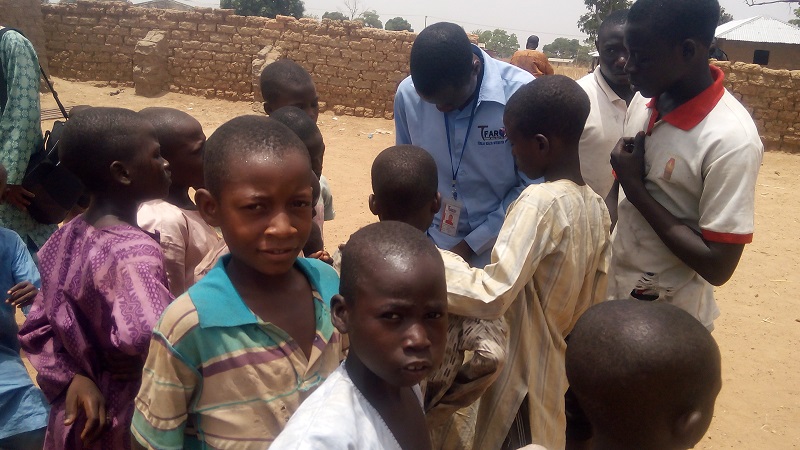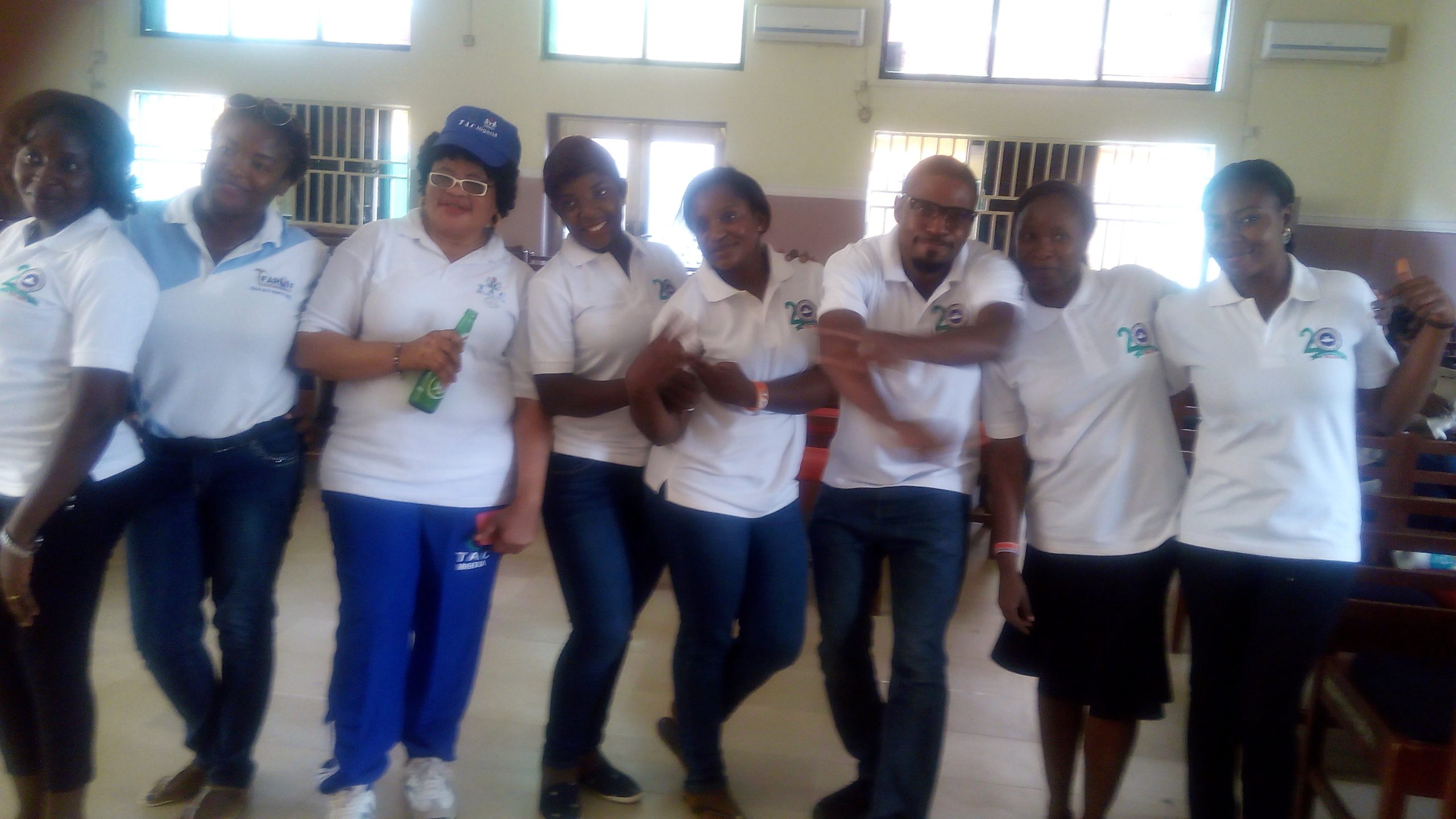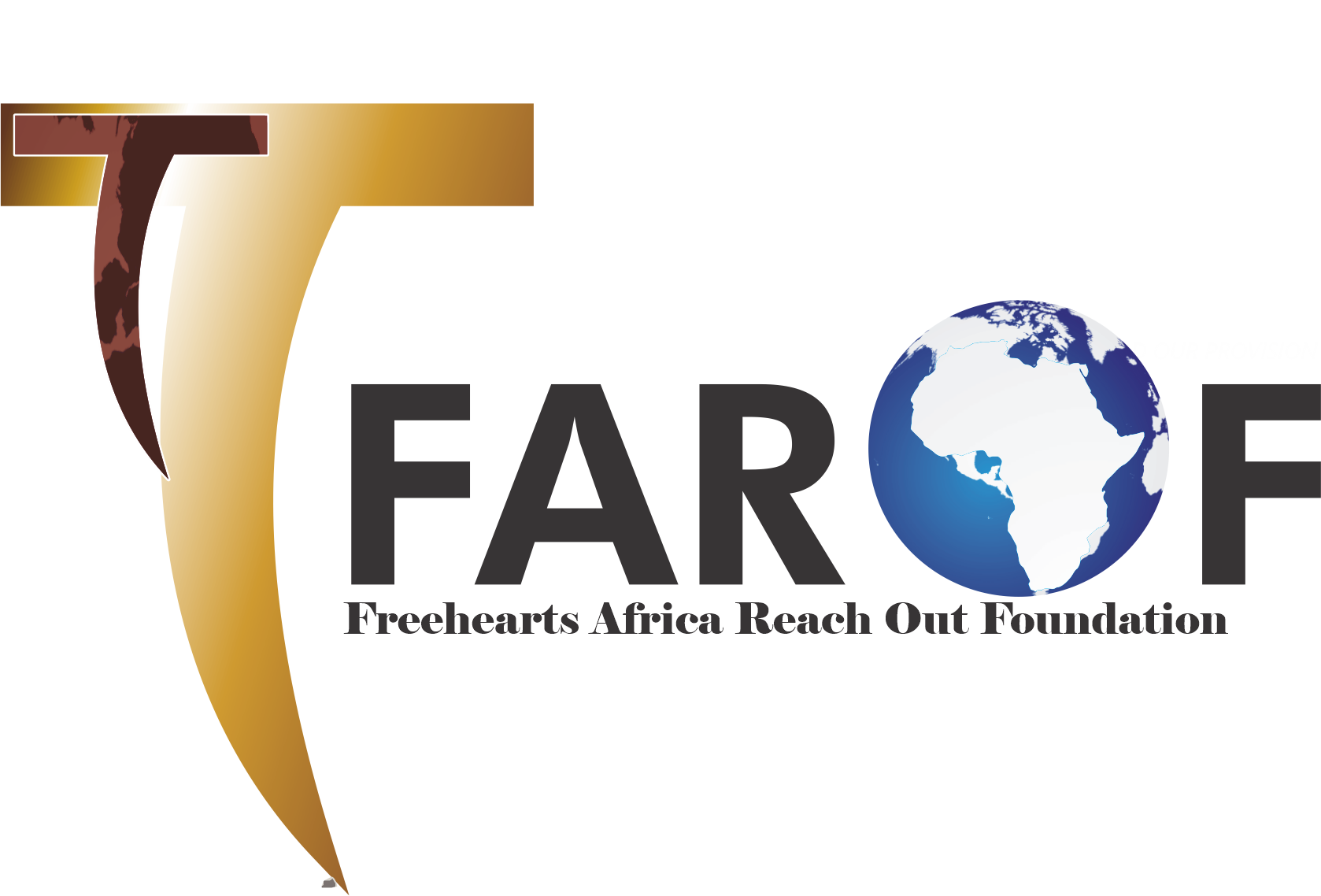Child Protection Programmes
Rights to Health, Education and Protection (Gender Base Violence)
Using our various developed child protection tool kits as found on our resource-center FAROF achieve’s her child protection outcome through mainstreaming child protection intervention within her thematic areas, these are:
· Education programming
· Health programming
· or collaborating across sectors
Our Programs directly target children from age 0-18years old by Making special efforts to target and involve the most marginalised groups such as:
- young mothers
- pregnant girls
- children with disabilities
- children who have been associated with armed groups
- children who are working
- child-headed households
Education: Integrating child protection
All children have access to quality education that is protective and inclusive and that promotes dignity and participation throughout all essential activities.
Integrate
- Share child protection messages as part of education programmes, for example around prevention of separation and trafficking, or mine-risk education
- Establish shared referral mechanisms with child protection actors
- Work with child protection actors to facilitate child-friendly spaces and early childhood education interventions
- Work with child protection actors to consider how education programmes can reduce tensions and increase community cohesion
Health programmes: Integrating child protection
Children are even more vulnerable to infections, diseases and other risks to their health and lives. Not only have living conditions deteriorated, but immunisation programmes are also interrupted. The risks are even higher for unaccompanied and separated children. A concerted child-focused response is required.
All children have access to quality protective health services that reflect their views, ages and developmental needs.
Integrate
- Disseminate agreed child protection messages through the work of health workers and in health centres, such as:
- information on obtaining birth certificates
- information on available services and what to do in cases of sexual violence
- Use routine health services to identify child neglect, abuse and exploitation and work with child protection services to develop referral systems
- Promote the recruitment of social workers and child psychologists
Keep children safe and avoid causing harm
Gender base education for the girl child is a lifeline to a nations development, in Nigeria more boys are likely to attend school than the girl child,in the northern region of Nigerian , a girl child is sent to get married rather than obtaining education.
FAROF seeks supports towards ensuring girl child is offered basic education, as this is one sure way of giving them much greater power of enabling them to make genuine choices over the kinds of lives they wish to lead.
We carry out combined primary and secondary enrolment for girls between the age range of 5 to 23years of age, We support girl child education through collaboration with other partners with free basic education, writing materials and uniforms, our team have a committee who monitors the daily register of a child attendance to classes.
Gender-based violence, including rape,early marriage due to poverty causing fiscula,domestic violence, mutilation, murder and sexual abuse is a profound health problem for women across the sub sahara desert,Nigeria as our target location. Although gender violence is a significant cause of female morbidity and mortality, it is almost never seen as a public health issue.
Gender-based violence (GBV) is a human rights violation, a public health challenge, and a barrier to civic, social, political, and economic participation. It undermines not only the safety, dignity, overall health status, and human rights of the millions of individuals who experience it, but also the public health, economic stability, and security of nations.
We designed in-school programs,such as capacity building programs on GBV law,Gender base violence prevention, this will help every girl child to know their human rights and avoid any form of discrimination against women or likely violences such as physical, sexual, psychological or economic harm or suffering to women, including threats of such acts.
To support our GBV and other gender base activities kindly make a request of our quarterly newsletters and expression of interest/concept notes and it will be sent to your mail or hard copy to your office address.
Prevention And Responding To Children Rights & Gender Base Violence
Gender base violence is yet in the increase in Nigeria, ranging from Domestic Violence to increased rate of Death of the Girl Child due to ignorance and mis-information, which also leads to human trafficking, FAROF today is responding and introducing preventive programs to address and put an end to gender violence;under the following programmatic areas: (Early Marriage, Sexual Reproductive Health & Child Protection)
Project Objective
- To enhance child protection programs that serve as a barrier to human trafficking or sexual Violence, as well as advocates against early Child marriage
- To promote Gender equality, and eradicate adolescent girls and young women Sexual assault in Africa.
Project Goals
- To reach over 500 communities with child protection rights and Gender Base activities and necessary informations that will help to improve both the Health, Education, Economy and Empowerment of Vulnerable children in Nigeria.
Target group: Children, Adolescent Girls & Young Women

Child Protection Programmes
About 150 million girls and 73 million boys under 18 experienced forced sexual intercourse and other forms of sexual violence and
Freehearts Africa Reach Out Foundation (FAROF) protects children from Neglect, Abuse, Exploitation, and Violence in Nigeria, using Northern region of Nigeria as a pilot location. All children have the right to protection. They have the right to survive, to be safe, to belong, to be heard, to receive adequate care and to grow up in a protective environment. Our programs focus on the most vulnerable children, Adolescents and Young persons, while aiming for the safety and well-being of all children. To achieve this we work with both local and international organizations (NGOs) and local community members. We endeavour to improve existing policy and services that protect human (children) rights.

Gender Base Violence-GBV Programmes
Specific Objectives
- To increase Adolescent girls knowledge on thier Sexual Reproductive messages and awareness on their legal rights.
- To educate and sensitize the community on the issues of gender based violence and how it can be avoided.
- To improve women’s knowledge on types and extent of gender based violence and its consequences.
- To empower mothers and fathers with Sexual Reproductive Health (SRH) Messages, whom in turn disseminate it to thier adolescent girls and how to response to gender-based violence cases.
- To develop women’s skills in enterprise development through IGA activities.
- To engage victims of Human trafficking as advocates group and to promote women participation in campaign programs as a tool for promotion of their rights.

